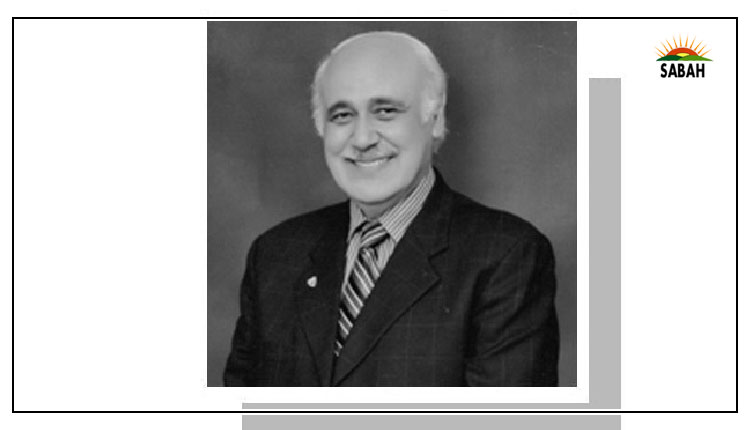Read, and gone … F.S. Aijazuddin
IT took termites to teach me non-attachment.
Recently, I needed material on the 1971 East Pakistan crisis from a section in my library. There, I unearthed a squirm of termites feasting on my books. As I consigned their residual fragments to a pyre, it occurred to me that, whereas once I owned my books, now they owned me. My remaining days would be consumed in ensuring their preservation.
My collection had been built up over years, since the mid-1960s. Sporadic purchases gave way to more selective accessions which were germane to whichever of my books I happened to be working on. Their subjects covered Pahari painting, Sikh art, British and European artists working in the north of the subcontinent, antique maps, on Dr Henry Kissinger’s secret visit to Beijing in July 1971, US foreign policy towards Pakistan between 1969-74, and the journeys of the British vicereine Charlotte, Lady Canning, from Kolkata to the Khyber Pass.
I justified spending money on these books because they were essential for reference purposes, as books were not as accessible as they are today on the internet or through search engines. As one author put it, my library is “a cave of words that I’d made myself”.
Will one ever stop buying books?
Intellectual hermits may burrow themselves in such caverns of learning, trying to decide whether to read a book or to write one, but they have perforce also to live in an outer world. The Turkish Nobel laureate, Orhan Pamuk, lamented: “I live in a country singularly devoid of books and libraries [,] in a country that views the nonreader as the norm and the reader as somehow defective.”
Over the years, he expanded his library until he had more than 12,000 volumes. In a moment of candour, he admitted that he had truly loved only “perhaps 10 or 15” of them. The rest he needed for his work. “If I were to compare my library to that of a well-read friend in a rich Western country, his would have fewer books than mine does.”
That is not surprising. The tradition of public libraries predates the ancient Great Library at Alexandria, said to contain 400,000 scrolls before it was burnt down. Over the centuries, most developed countries have regarded libraries as necessary adjuncts to education. School libraries became a barometer of their attitude to education. One author admitted that his parents bore him but he was reared by libraries.
Private libraries have always been a luxury. Bibliophiles know that each book has an identity of its own; each set of covers contains the output of a creative mind; each volume is a friend who never fails. Together, they are the sum of many lifetimes and the accumulated wisdom of the ages.
Pamuk mentions that it took an earthquake for him to decide that he needed to weed out his library. “Like a sultan pacing among a crowd of slaves, singling the ones to be lashed, like a capitalist pointing out the lackeys to be sacked, I made my selection summarily.”
The decision to balkanise my library was made for me by ravenous termites. Following the historian Shelby Foote’s maxim, that “a university is just a group of buildings gathered around a library”, I donated 500 of my books to Lums in Lahore, where students could broaden their minds beyond management sciences, engineering and law.
They can delve into the origins of Mehrgarh, the history of the Mughals, the Sikhs and British rule. They can see Pakistan through the eyes of more recent chroniclers like Herbert Feldman and S.M. Burke. Through the memoirs of former politicians, retired bureaucrats, and extinct state functionaries, they can relive their careers. And they will be able to uncurl secrets not taken by authors to the grave.
Books on interfaith subjects have proved more difficult to place. There are too few Hindus, Sikhs, and Zoroastrians left to form a bulk readership.
Will one ever stop buying books? Pamuk tried, but found to his dismay that he continued acquiring them faster than he could throw them away: “For me, the imperative is not to own good books but to write them.”
But then, if authors stopped buying books, where would they find a readership for theirs?
The nightmare of every author/ bibliophile is if his precious library ends up on the footpath. I found a Persian/ Urdu/ English dictionary signed by Ghulam Mustafa Tabassum for sale on a hand-cart in Anarkali bazaar. And I bought in Peshawar a romanised version of the Injil-i-Muqqadas (the New Testament), dated 1860, weighed on a scale against some stones.
Perhaps the Ancient Egyptians were wiser than we thought. Their tombs were incised with hieroglyphics, ensuring they took enough reading matter with them to last beyond eternity.
The writer is an author.
www.fsaijazuddin.pk
Courtesy Dawn, January 18th, 2024












